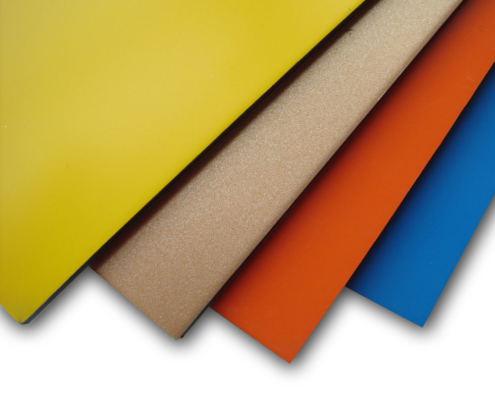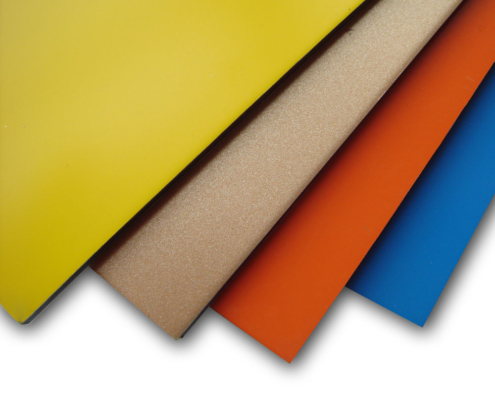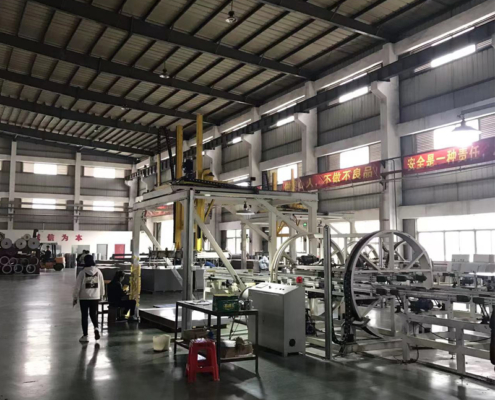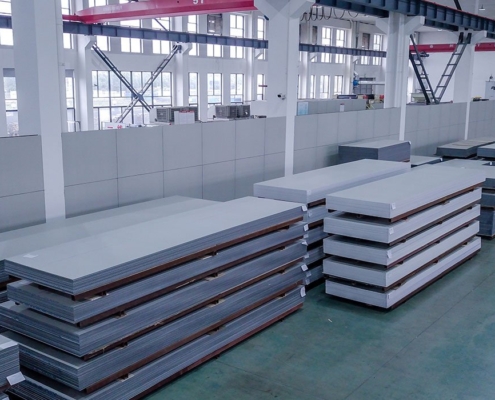The Differences Between Interior And Exterior Aluminum Composite Panels
As a seller in the aluminum composite panel industry, I would like to provide some guidance for new buyers on how to purchase aluminum composite panels for their projects. In this article, we will discuss the differences between interior and exterior aluminum composite panels and how to identify the intended use of aluminum composite panels of the same color and thickness.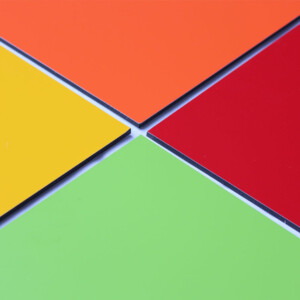
Differences between Interior and Exterior Aluminum Composite Panels:
Interior and exterior aluminum composite panels have different characteristics due to the different environments in which they are used. Generally, exterior aluminum composite panels require higher performance and are more expensive compared to interior aluminum composite panels. The following are some key differences:
Material: Exterior aluminum composite panels are often made of high-performance polymers or fluorocarbon resins, while interior aluminum composite panels are typically made of materials such as polyethylene or polyurethane.
Surface treatment: Exterior aluminum composite panels require more robust surface treatment to withstand weathering, UV radiation, and wear and tear. Interior aluminum composite panels are more focused on aesthetics, and surface treatments include printing and spraying.
Thickness: Exterior aluminum composite panels typically have a thickness of 4mm or more, while interior aluminum composite panels are usually 2-3mm thick.
Identifying the Intended Use of Aluminum Composite Panels:
When choosing aluminum composite panels of the same color and thickness, it can be difficult to determine whether they are intended for interior or exterior use. Here are some tips to help you identify the intended use: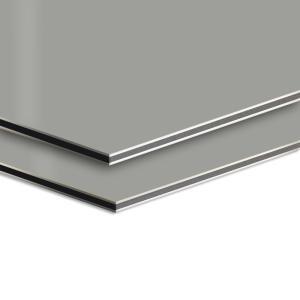
Material: Ask the supplier or manufacturer about the materials used in the aluminum composite panels. Exterior aluminum composite panels usually require higher-performance materials.
Surface treatment: Check if the aluminum composite panels have undergone robust surface treatment. Exterior aluminum composite panels typically require more stringent surface treatments.
Thickness: Measure the thickness of the aluminum composite panels. Exterior aluminum composite panels are typically thicker than interior aluminum composite panels.
Application environment: Ask the supplier or manufacturer about the application environment of the aluminum composite panels, such as whether they will be exposed to the elements or subject to high winds or temperature fluctuations.
In conclusion, choosing the right aluminum composite panel for your project is crucial to ensure its durability and longevity. By understanding the differences between interior and exterior aluminum composite panels and how to identify the intended use of aluminum composite panels of the same color and thickness, you can make an informed decision that meets your project’s needs.

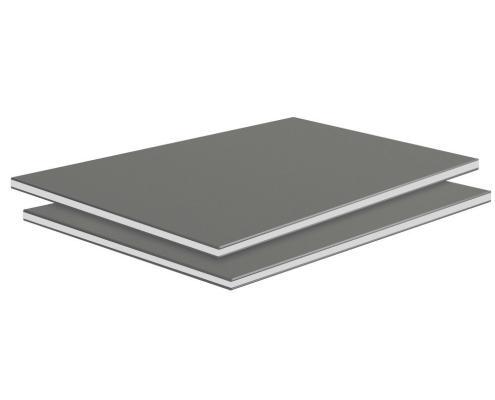
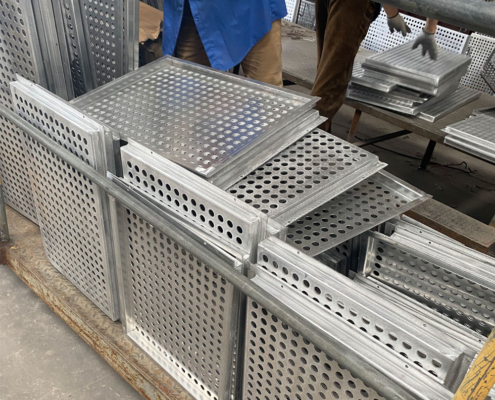 Aluminum Cladding Sheet Processing Services
Aluminum Cladding Sheet Processing Services